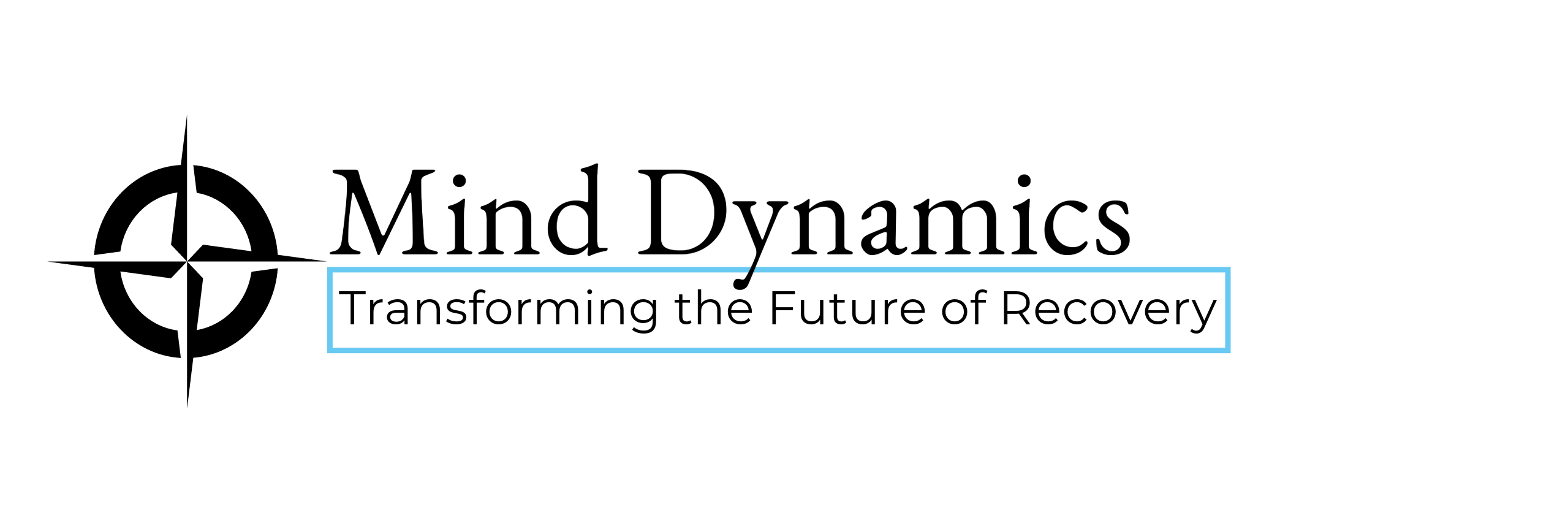At Mind Dynamics, a substance abuse rehabilitation facility, we understand the profound impact that cocaine addiction can have on individuals and their loved ones. Cocaine addiction, classified as a substance use disorder (SUD), is a complex condition that requires comprehensive treatment and support.
What is Cocaine Addiction? Cocaine addiction, also known as cocaine use disorder, is a chronic and relapsing condition characterized by compulsive cocaine use despite negative consequences. According to the Substance Abuse and Mental Health Services Administration (SAMHSA), approximately 913,000 people aged 12 or older in the United States struggled with a cocaine use disorder in 2020. Causes of Cocaine Addiction The development of cocaine addiction is influenced by a combination of genetic, environmental, and psychological factors. Factors such as genetic predisposition, early exposure to trauma or stress, and social influences can increase the risk of developing a cocaine use disorder. Signs and Symptoms Recognizing the signs and symptoms of cocaine addiction is crucial for early intervention and treatment. Common signs and symptoms may include: 1. Intense cravings for cocaine 2. Increased tolerance, requiring larger amounts of cocaine to achieve the desired effects 3. Withdrawal symptoms when not using cocaine, such as fatigue, depression, and irritability 4. Neglecting responsibilities at work, school, or home due to cocaine use 5. Engaging in risky behaviors to obtain cocaine, such as theft or illegal activities
Diagnosis and Treatment Diagnosing cocaine addiction involves a thorough assessment by medical professionals, including a physical examination, psychological evaluation, and laboratory tests. Treatment for cocaine addiction often involves a combination of medical detox, inpatient rehabilitation, and outpatient therapy. Medical Detox Medical detox, conducted under the supervision of healthcare professionals, involves managing withdrawal symptoms and addressing any medical complications that may arise during the detox process. Medications may be prescribed to alleviate withdrawal symptoms and reduce cravings for cocaine. Inpatient Rehabilitation Inpatient rehabilitation programs provide intensive treatment and support in a residential setting. These programs offer a structured environment where individuals can focus on their recovery, participate in individual and group therapy sessions, and learn coping skills to prevent relapse. Outpatient Treatment Outpatient treatment programs offer flexibility for individuals who may not require 24-hour supervision but still need ongoing support and therapy. These programs typically involve regular therapy sessions, support group meetings, and access to community resources to aid in recovery.
Conclusion At Mind Dynamics, we are committed to providing comprehensive and individualized treatment for cocaine addiction. Our evidence-based approach incorporates the latest research and therapeutic techniques to help individuals overcome their addiction and reclaim their lives. If you or someone you know is struggling with cocaine addiction, don't hesitate to reach out for help. Recovery is possible, and we are here to support you every step of the way.



